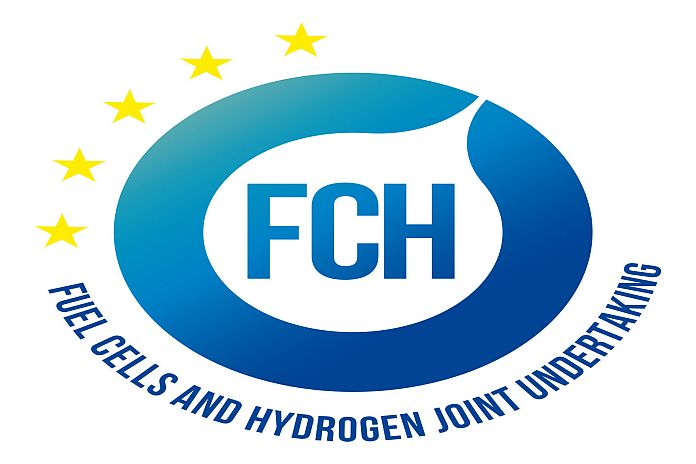LONDON, England – Johnson Matthey, a global leader in sustainable technologies, has joined a major new European consortium developing higher performance fuel cell components for heavy-duty trucks with a predicted lifetime of at least 30,000 hours lifespan.
Jo Godden, managing director of Johnson Matthey’s Fuel Cells business, said: “Developing a robust fuel cell powertrain solution to decarbonise freight transportation will be critical to achieving net-zero goals around the world. Matthey is proud to be a part of project immortal to leverage our decades of fuel cell experience to benefit all parties.”
The project will deliver optimised management of the fuel cell powertrain with high performance and durability as critical outcomes. The industrial and academic partners will collaborate to bring forward materials and components that have shown considerable promise in recent European FCH 2 JU projects. The four large industrial partners of IMMORTAL are major stakeholders in Europe’s fuel cell supply, OEM and end user chain, from MEA (Johnson Matthey) to stack (Bosch, AVL), and from stack and system (Bosch, FPT Industrial) to the pioneering use of the fuel cell powertrains in heavy-duty long haulage trucks (FPT Industrial).
Managing director Matthey, whose fuel cells business develops and manufactures fuel cell electrocatalysts, electrodes, membranes, and membrane electrode assemblies, will work on electrocatalyst and membrane components, and integrate them in catalyst coated membranes with catalyst layers tailored for enhanced performance and heavy-duty operation lifetime. Bosch, one of the world’s largest automotive suppliers, and developer and manufacturer of fuel cell systems, will develop cell and stack testing protocols to reflect realistic use in the field, as well as accelerated stress test protocols, and apply them to large size MEAs and short stacks.
FPT Industrial, the powertrain brand of CNH Industrial group, one of the world’s largest manufacturers of powertrains for commercial vehicles and leaders in the transition to electrification, will provide the industry system requirements and analysis leading to estimation of the immortal stack cost.
A second stack platform will be provided by AVL, the world’s largest privately owned and independent company for the development of powertrain systems. CNRS Montpellier will lead the project and work on developing novel membrane reinforcement and reinforced membranes and electrocatalysts. IMTEK, a research group at the University of Freiburg, will focus on understanding degradation mechanisms using chemical and structural techniques, and Pretexo will provide project management and communication support.
Bart Biebuyck, executive director of the Fuel Cells and Hydrogen Joint Undertaking, stated: “With the ambitious target of cutting its transport emission by 90 percent by 2050, we need to ensure that EU companies remain ahead of the game in the heavy-duty sector. Projects like IMMORTAL are absolutely essential in driving down the costs of components and enhancing the competitiveness of hydrogen fuel cells powered trucks, a sector posed to grow exponentially in the next decade.”





